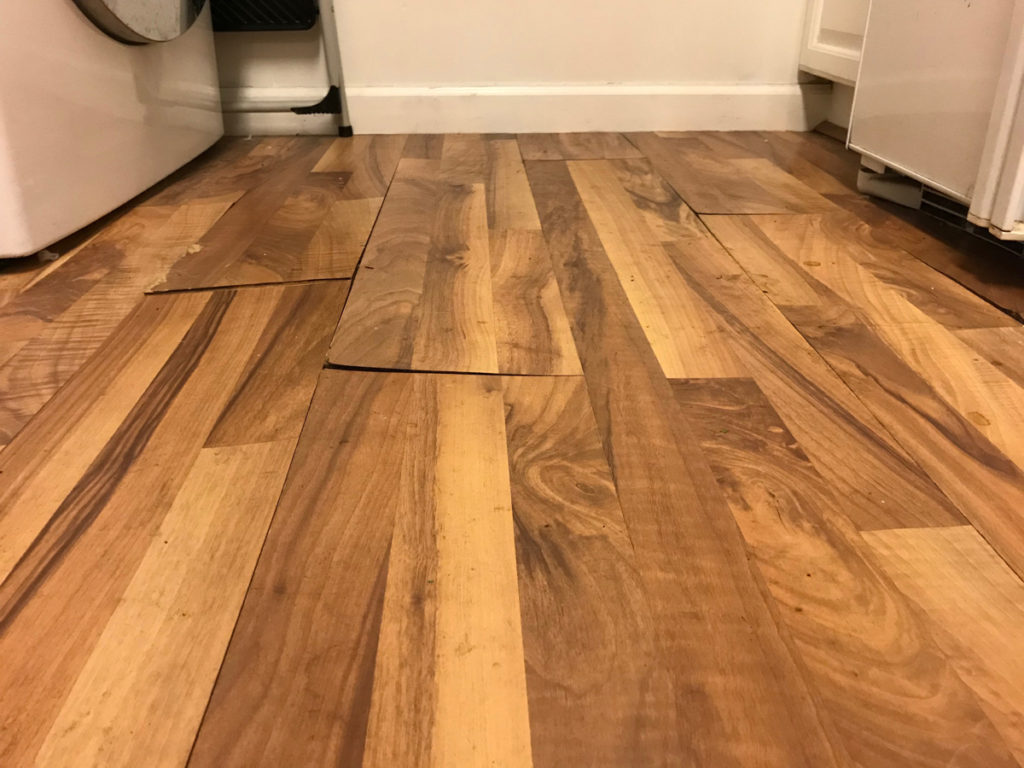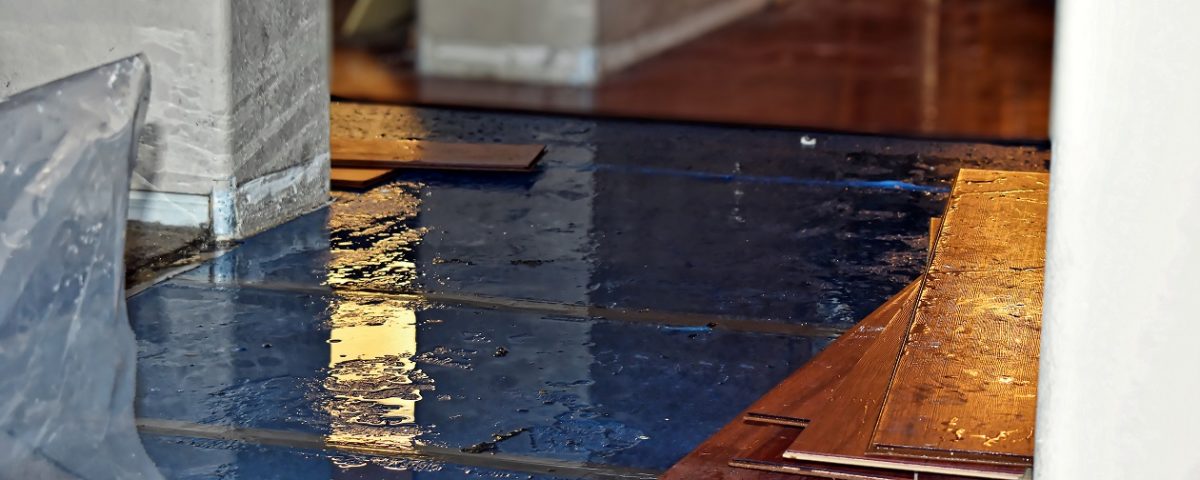Book Appointment Now
We have encountered this great article involving Hacks to detect leaks below on the net and figured it made good sense to write about it with you here.

However, climate change as well as global warming have actually hurt the community. As soon as safe have actually experienced more flooding and also groundwater breach, numerous locations that were. The latter can infiltrate your residence even prior to it appears the surface.
Understanding what indicators to keep an eye out for can aid you mitigate water damages. You need to additionally inspect all your pipelines to capture any kind of visible leakages. If your basement is constantly wet, it's extremely most likely that groundwater is coming in from under your residence or close by.
Rising groundwater is a pressing issue due to the fact that it can lead to mold and mildew and also mold development. It can additionally speed up timber rot, resulting in architectural issues. Boosted groundwater makes your home more prone to floods when it rainfalls. Don't despair, because you can still avoid groundwater from damaging your precious house. Below's how!
Prioritize Waterproofing the Basement
Do not wait prior to it's far too late. Flooding shouldn't have to come into your residence before you waterproof the basement or crawlspace. When there's still no rainfall, it's best to start. If you dilly-dally, it will result in a substantial problem when groundwater breaks in with rain as well as flooding.
Fill up the basement with more concrete to avert any concerns created by groundwater. Putting concrete and also applying waterproofing measures seals your cellar and also secures it from water invasion.
Consider Setting Up a French Drainpipe System
Best of all, they do not look apparent due to the fact that these drains look like a pipe or trench that can easily mix where it's placed. This system safeguards your home from more complications because it will certainly stop water from leaking into your structure.
When you install this kind of drainpipe system, you shield your structure. As an outcome, you will not have to worry about major fixings in situation of water damage.
Invest in Several Sump Pumps
The main objective of this pump is to redirect the water from entering your home. This can shield your home from rising groundwater.
A sump pump will certainly supply a layer of protection if you really feel anxious about groundwater seeping right into your cellar. Because they are very easy and rather inexpensive to set up, many choose this. Pay focus to when you use it since it can increase up your energy expenses.
Elevate the Residential Property Completely
Raising your home completely is an efficient option to stop groundwater from coming in. The total procedure involved building a new, higher foundation to raise the house over the flooding area.
Using these pointers will certainly help safeguard your home and belongings against water damage. Yet if you have actually done every little thing that you perhaps can yet water still permeates right into your residence, call a water repair business as soon as possible to aid you come back on course.
If your basement is always wet, it's highly most likely that groundwater is coming in from under your home or close by.
Boosted groundwater makes your house a lot more susceptible to floods when it rains. Do not misery, since you can still avoid groundwater from harming your cherished home. Fill the cellar with even more concrete to avert any concerns triggered by groundwater. A sump pump will certainly give a layer of security if you feel stressed regarding groundwater seeping into your cellar.
Tips for removing water and drying your hardwood flooring after a flood
Water and wood just don t mix. If you ve been following the aftermath of Hurricane Harvey or Hurricane Irma, this should come as no surprise. When water sits on top of hardwood floors, it can permanently ruin the hardwood as the wood will absorb the water through its pores causing warping and discoloration. So, if you have a flood or water damage (or even just a spill) on your hardwood flooring, you ll want to remove the water and dry your floors as quickly as possible.
What happens when your hardwood absorbs water?
Wood can get wet (or moist) in a number of ways a flood from outside from the rain, leaky pipes (or frozen pipes), ice damming, a toilet overflow, a leaky roof, a hurricane or storm, an appliance breaks or leaks (e.g. dishwasher or washing machine), a fire (with water used to extinguish the fire), water spills/accidents, pet accidents, a high water table in the ground that then forces water into your sub-floor from the ground.
Will my insurance company cover my water damaged flooring?
Whether or not your insurance will be cover the damage depends on your insurance plan and the cause of the damage. Please note that most homeowners (less than 20%) have flood insurance. So, if the damage was from flooding (i.e. it came from outside the house), there s a good chance you aren t covered.
Use a wet vacuum to suck up all the standing water
You want to quickly absorb as much water as you can. Note: you may want to turn to a professional mitigation company as they specialize on water extraction and have the best equipment. If you choose to do this yourself, here s a wet vacuum I d recommend. Note: keep vacuuming even after you ve removed all visible water as there is still water from the invisible pores in the wood. You ll see that that the wet vacuum continues to suction up water for a while.
Clean the surface with a disinfectant
Remember, you need to prevent mold in addition to preserving your hardwood floors. You should use a non sudsy disinfectant (e.g. Mr Clean). Once you ve finished this, use the wet vacuum again to remove any leftover water.
Use a dehumidifier
Place a dehumidifier in the center of room. If you can get more than one, that s even better. Be sure to clear the water every few hours (and make sure the filter is clean as well). Make sure the dehumidifier runs for at least 24 hrs, but you may need to use it for 2 to 3 days or even longer, pending on the severity of the water. In some cases, it s advisable to use a dehumidifier for several weeks.
Supplement with large fans (and air conditioning)
Accelerate the drying process with fans. Point the fans towards the floor. Also, be sure to open the windows around 2 inches for better air circulation/ventilation (and keep the door open). This will allow excess moisture to evaporate and create more cross ventilation. (If it s raining or extremely humid outside, then keep the windows shut and just keep the doors to other rooms open and use a dehumidifier). Put the fans on the highest level (i.e. full blast) and point them towards the floor. If you have some that oscillate, even better.
https://theflooringgirl.com/blog/save-hardwood-floors-water-damage-flood/

Do you appreciate reading about Detecting hidden plumbing leaks? Make a remark below. We would be delighted to see your thoughts about this post. Hoping that you come back again in the future. Liked our blog? Please share it. Help another person find it. I thank you for reading our article about Detecting hidden plumbing leaks.
Professional plumbers, immediate response.